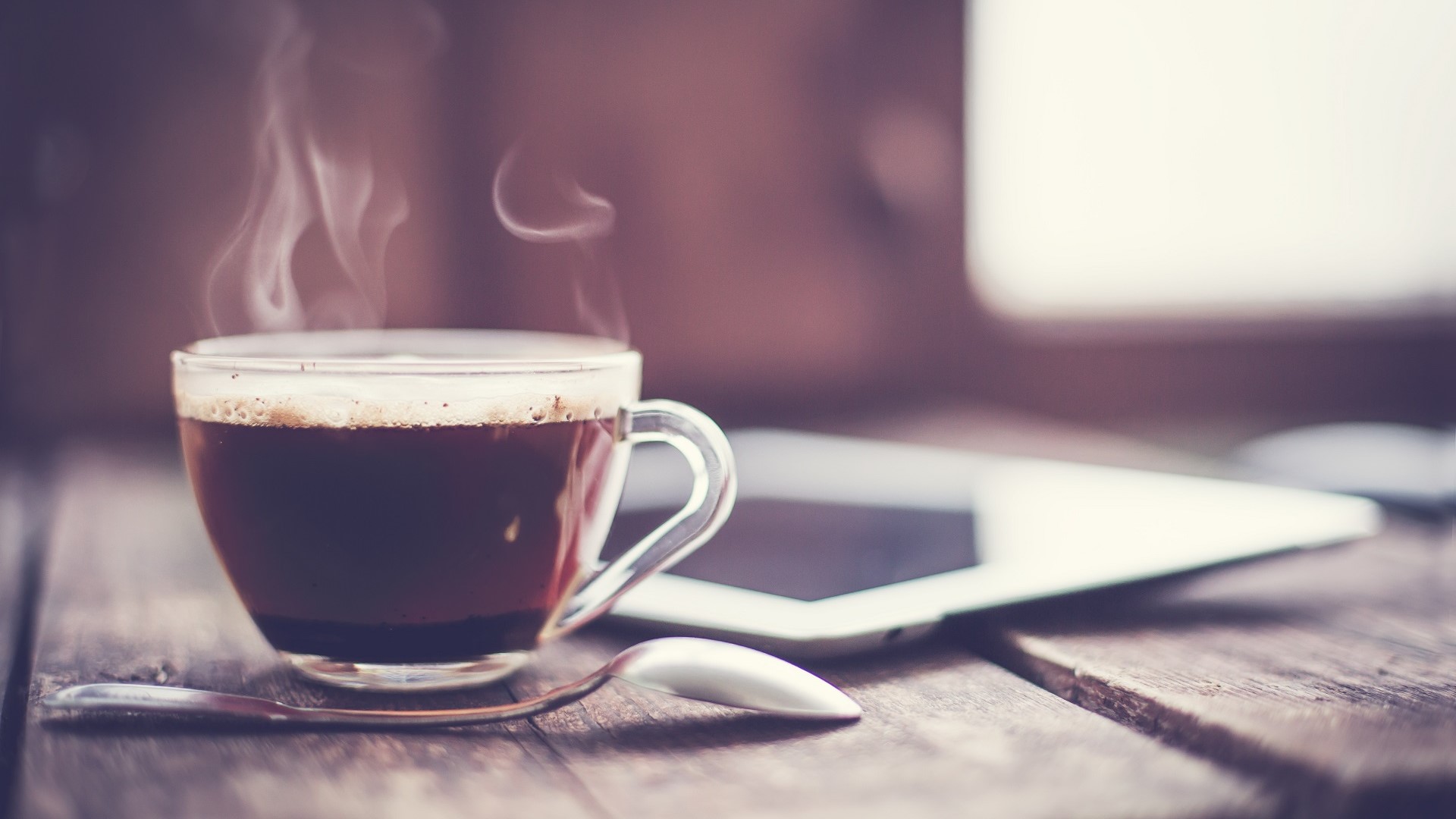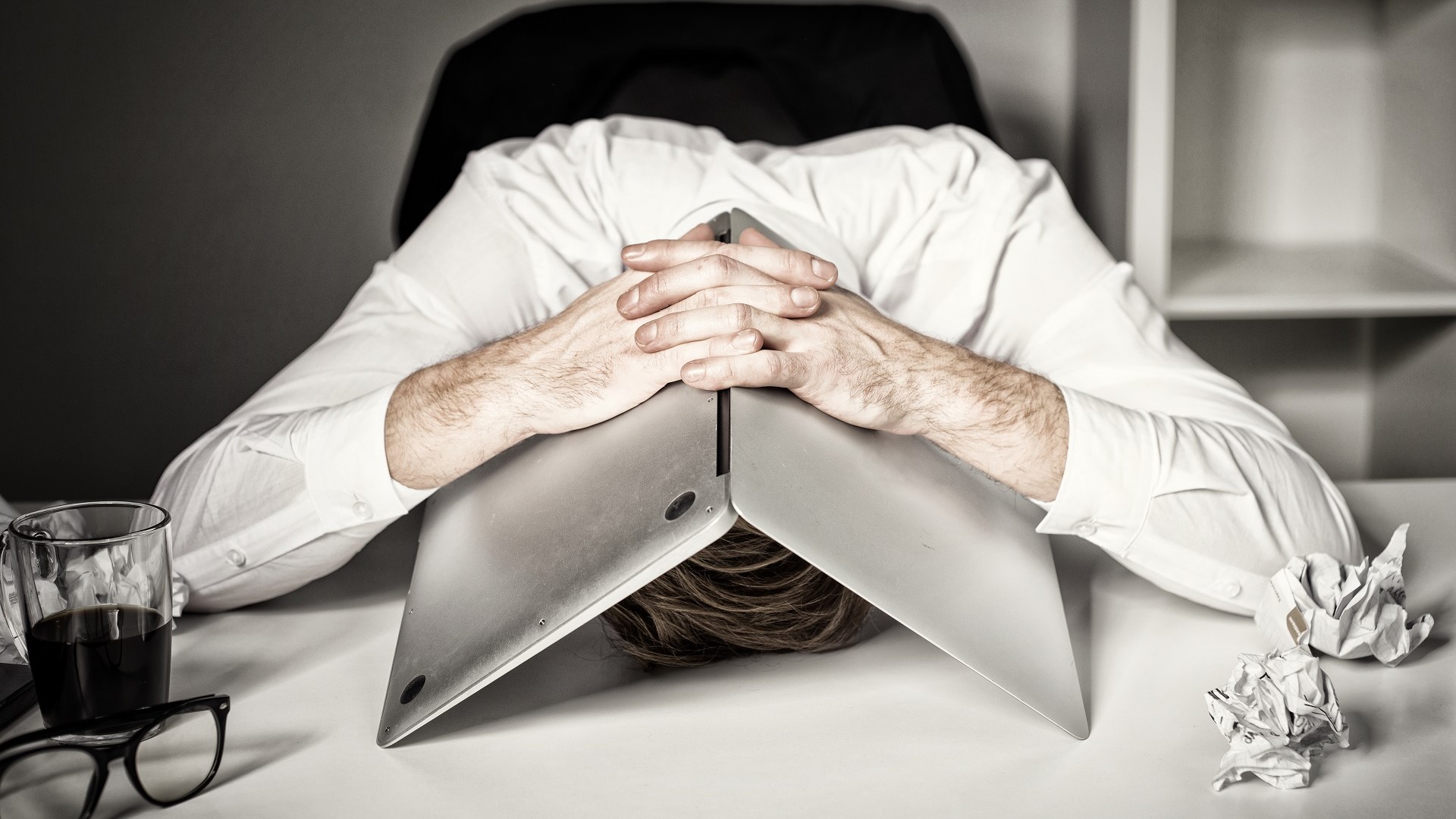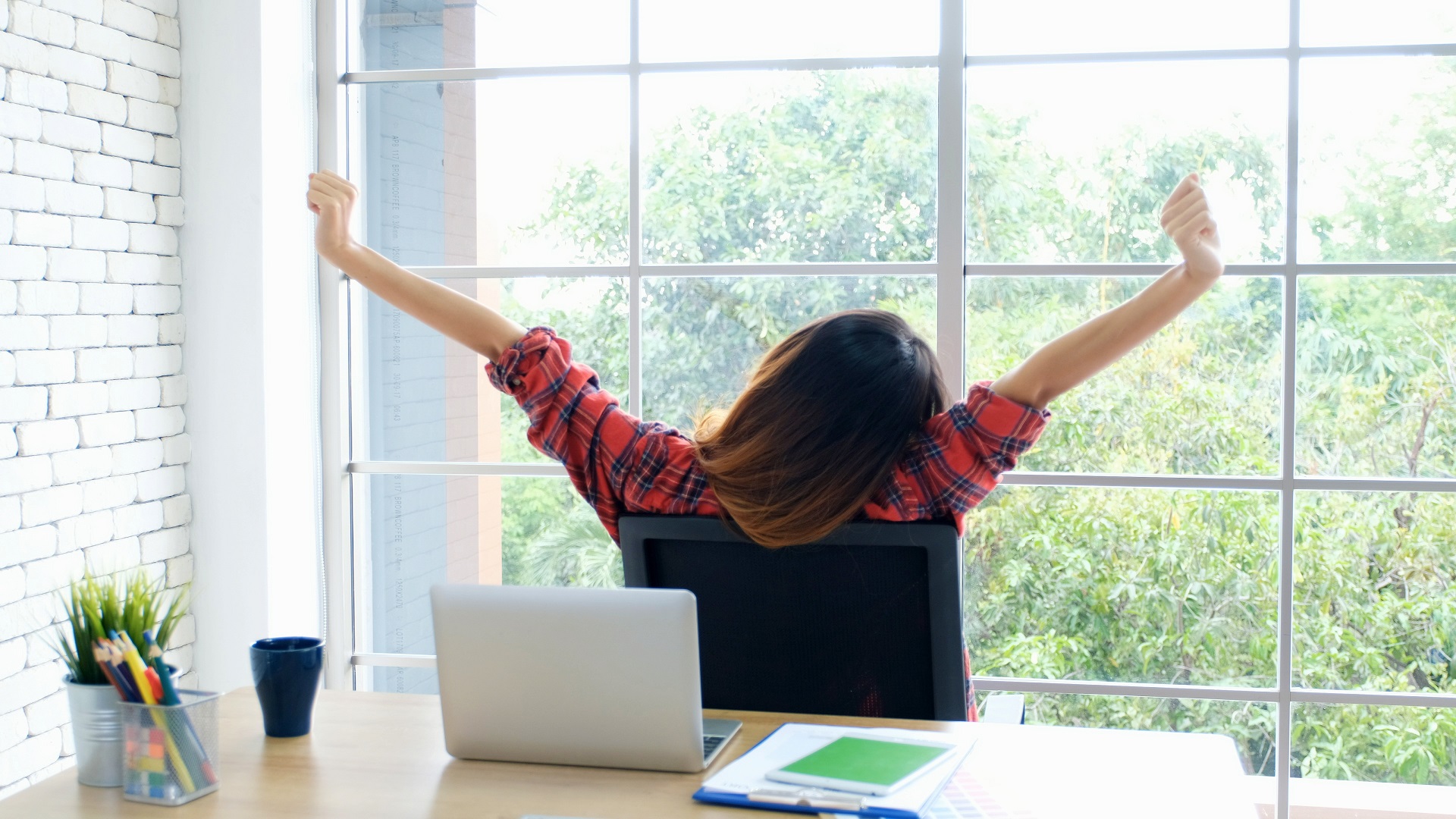
Catch yourself before you get swept away by responsibilities and find rewards in rest.
TEXT: MORGAN AWYONG
IMAGES: SHUTTERSTOCK
In fast-paced cities like Singapore, there’s no letting up. It’s all too easy to get swept away by one’s perceived duties or by getting caught up in the rat race, leaving one little room to have a true breather. And if you’ve been working from home, you know those lines are blurring more than ever before.
And have you noticed how those around you are dropping the word “busy” like a verbal badge of pride in conversations? Giving yourself time to decompress can come across as indulgent, but the truth is that it is essential to maintain healthy productivity and a much happier and motivated self.
The experts call it: The power of the pause.
THE MIDNIGHT OIL BURNT

We frequently talk about burnout, but what is it really? Some people think it occurs unexpectedly, but more often than not, it creeps in insidiously. One minute you’re restless and always finding it difficult to concentrate; the next you’re incapable of performing the smallest task even if it’s something you used to enjoy.
Unlike stress which makes one anxious, burnout saps motivation and energy. Psychologists Herbert Freudenberger and Gail North outlined 12 phases, which starts with excessive drive and sustained workaholism, but transforms later into depersonalisation, depression, and eventually, full mental or body exhaustion. And in Singapore, it’s a very real problem. Microsoft’s 2020 Work Trend Report shows our country coming up top in the Asia Pacific with 37 per cent of respondents feeling burnt-out.
Some of the best ways to combat impending burnout are regular exercise, maintaining a healthy sleep schedule, and reframing work as one’s priority and validation.
REFUELLING THE TANK
Having those coffee breaks matter. If you still find them indulgent, know that these brief periods of rest have been proven to increase productivity through better focus, improved mental health, and boosted creativity.
For example, stepping away from work can help with decision fatigue, as researchers Danziger, Levav and Avnaim-Pesso discovered. They saw how judges were less likely to give criminals a chance for parole later in the day by making increasingly simplistic calls as time wore on without breaks.
On the flip side, sipping on that cuppa has been found to improve memory, and resting led to inspiration, as explained by essayist Tim Kreider. He wrote, “The space and quiet that idleness provides is a necessary condition for standing back from life and seeing it whole, for making unexpected connections and waiting for the wild summer lightning strikes of inspiration – it is, paradoxically, necessary to getting any work done.”
Start with microbreaks – anything from a few seconds to indulge in a game on the phone or a few minutes staring out of the window – they work just as well.
IT’S TIME TO SIT BACK

With hybrid working now the norm, boundaries are blurring as work routines become increasingly mixed with home tasks. While invites from colleagues used to have you joining them for a coffee run, your reminders for a break may not be as obvious now.
But how do you determine your body and mind need a break? Physical symptoms are your best bet. If your neck is hurting or your eyes are tired, use that as a sign to stretch and move a little, even if it’s just to the living room. Always have regular mealtimes, then just let yourself sit back and enjoy the scenery. Better yet, go outside for a walk.
Scheduling in short breaks after a block of set time for work is a healthy habit to adopt. There’s even a name for it – the Pomodoro Technique.
NO CHEATING
Recall how you often postponed picking up a hobby, or putting off a task for far too long? The effects of burning out means you won’t even touch those during your down time, so it’s best to prioritise them into your breaks to jumpstart that engagement.
Apart from micro breaks mentioned earlier, take deep breaks that remove you from your work scope. For example, if you’re an accountant, you could practise drawing in your sketchbook for 30 minutes. Departing from your routine is a real mind spa.
Active breaks also rejuvenate. For instance, simply walking about can fire off powerful creative inspiration. And if you’re feeling up for it, a light 30-minute workout can have uplifting effects that last through the day.
Scene-changing breaks suggest that taking in a different visual setting – like going to a park instead of staying in your apartment – can make for a stimulating break. Thankfully, there are always pockets of green even in the concrete jungle that is Singapore’s business district.
Social breaks involve contacting your friends and loved ones just to catch up. It’s a great way to maintain mental health and feel connected to the bigger things in life. Instead of working from home, you could also try a coworking space. The alternate setting and organic community may be just what you need from falling into a rut.
Take a breather and keep up these good work habits to let yourself decompress and stay refreshed and motivated. After all the lifestyle and professional changes of the past one-and-half-years, you’ve definitely earned it.


